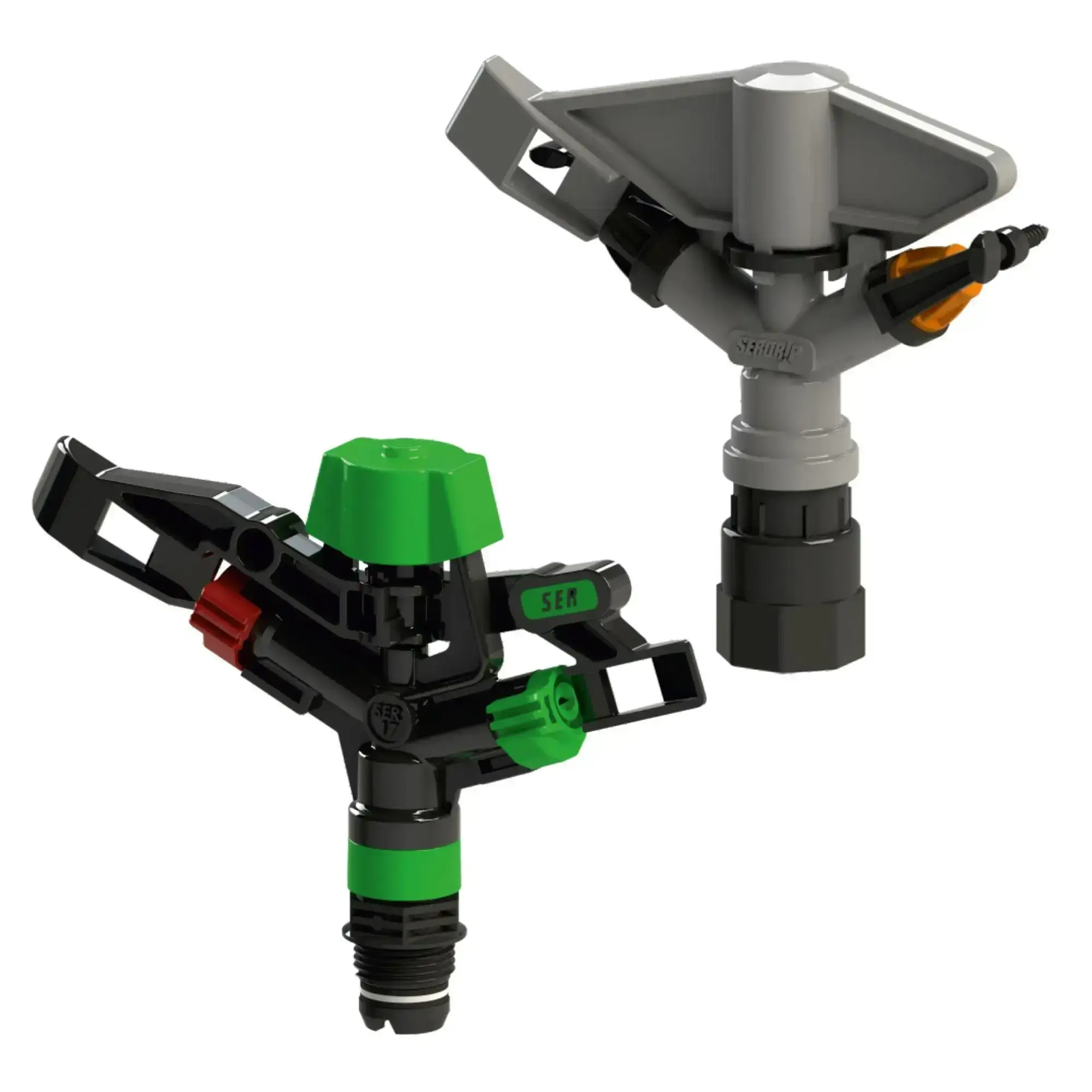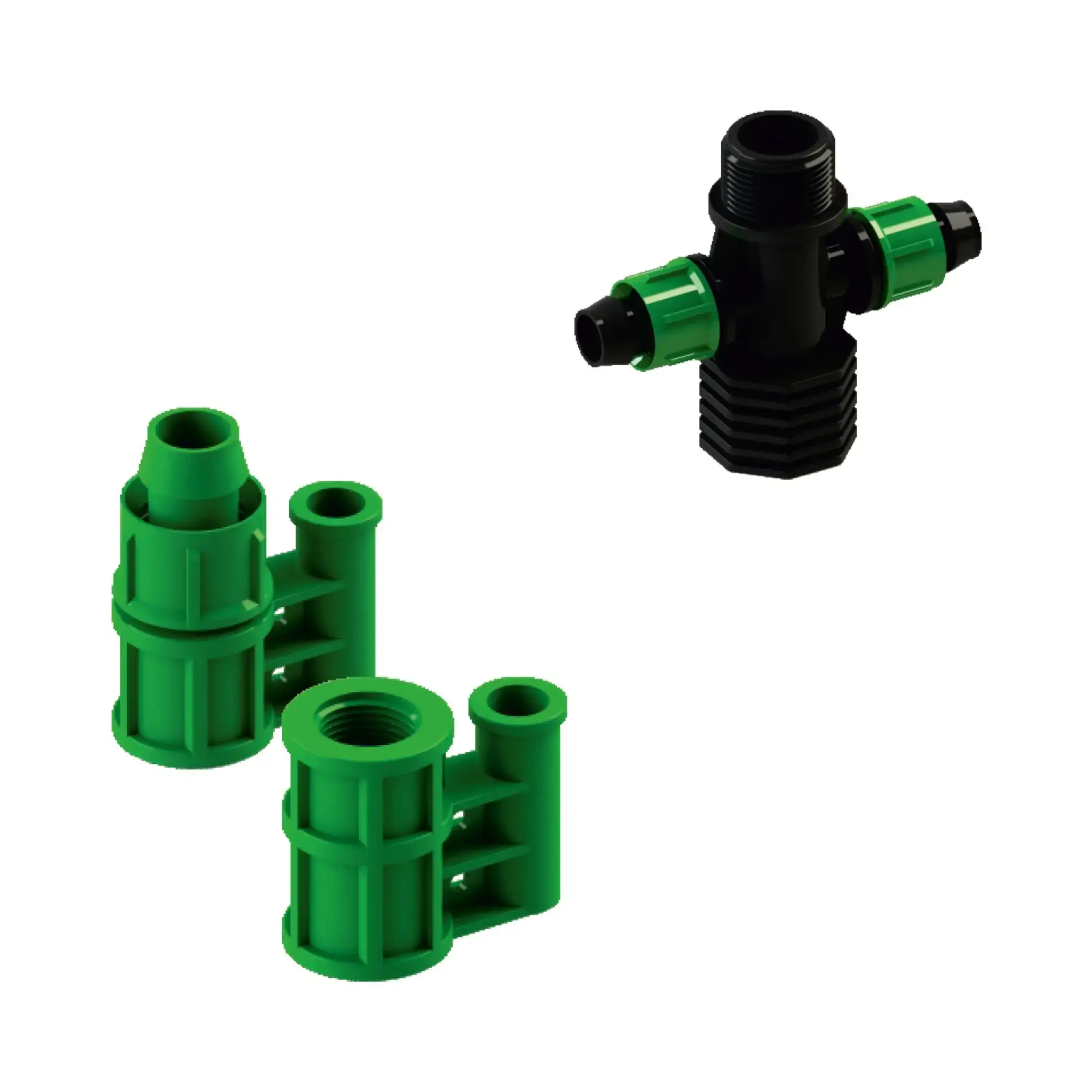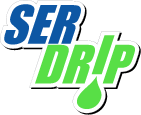Sprinkler
The process of spraying water in the form of rain drop by drop with pressure is called sprinkler irrigation. The pumping unit creates the pressure for spraying the water. Sprinkler irrigation is used for regular irrigation of plants and agricultural areas. It ensures that the water meets the plant in an easy, fast, effective and economical way.
What is the Importance of Sprinkler in Agricultural Activities?
Sprinkler is one of the important agricultural auxiliary tools used for irrigation of plants. We can list the importance of sprinkler in agriculture as follows:
- It ensures that the plants in the agricultural areas get regular water and become productive and of high quality.
- It prevents wasted water by ensuring that plants get the water they need efficiently.
- Adequate water intake of plants ensures healthy growth by protecting plants from diseases and harmful external factors.
- If the farmer tries to irrigate the farmland manually, it will take longer time and may result in efficient irrigation and water wastage. This is prevented by sprinkling.
- It allows us to get more efficient and quality products from plants.
What Should You Consider When Installing a Sprinkler Irrigation System?
It is necessary to pay attention to the size, type and characteristics of the sprinkler that is suitable for the size of the agricultural land to be worked and the characteristics of the plants. In addition, an efficient irrigation will be provided by establishing a sprinkler system with a suitable pressure value and capable of transmitting water from different angles. When purchasing sprinkler systems, care should be taken that the materials are durable, long-lasting and of good quality.
The design of the sprinkler system is important in terms of efficiency. Thanks to the correct design, the irrigation area can be irrigated more effectively. In order to use water resources effectively and to provide more effective irrigation with the right pressure, the design and positioning of the sprinkler system must be done well. In order for the sprinkler system to be irrigated efficiently, a suitable sprayer should be preferred. Thanks to a suitable sprayer, the desired amount of spraying will be provided at the right angle.
By using smart sensors and software in the sprinkler system, we can have the opportunity to shut down the system automatically on rainy and high humidity days or to intervene quickly in the sprinkler system in undesired emergencies. Thus, a great deal of water, time and economic savings will be achieved.
What Should Be Considered When Using Sprinklers?
If the sprinkler system is used continuously, the water flow should be checked and if clogging occurs, it should be cleaned. The ventilation system must be cleaned periodically. Care must be taken to ensure that the hydraulic system is operational and that the connection points are intact while maintaining it. For the efficiency of the system, it should be ensured that the water flow and water pressure are at appropriate values. The piping system should be checked for proper functioning, and if clogging, leaking, damaged parts are detected or areas that need repair should be repaired without delay. While keeping the parts of the sprinkler system after use, care should be taken to ensure that they are in proper conditions and clean.
Accurate timing is important to keep sprinkler systems running efficiently. Arrangement should be provided according to the area to be sprinkled and the type of plant. Irrigation hours should be adjusted to the coolest hours of the day to ensure better absorption and better development of the plant.
The quality of the water used in sprinkler systems must be good. A filter system must be used in order to prevent lime, sediment and other foreign materials from clogging the sprayers.
Sprinkler Irrigation Prices
The most important factors determining the cost of sprinkler irrigation systems are the combination of the project's technical requirements and site-specific conditions: the size and shape of the land and the type of plants to be irrigated (vegetables, fruit, grass, etc.) determine the sprinkler type and density required in the system. The soil infiltration rate and topography (slopes, elevation differences) affect the number of separate pressure zones required, pipe diameters, and pressure regulation/shunt equipment, directly increasing material and labor costs. The type and distance of the water source (surface water, well, mains) and water quality (sand/sludge/organic matter) determine pumping requirements, pump size, filtration, and treatment requirements, and therefore energy consumption and operating expenses (OPEX). Electricity or fuel costs and pumping height affect both the initial investment and the long-term cost. The quality of the materials used, pipe (PE or PVC), sprinklers (rotor vs. spray), valves, filters, and electromechanical automation and control units all contribute to the price difference. For example, precision drip/sprinkler heads, automatic controllers, and sprinkler/nitrogen fertilizer application (fertigation) equipment increase capital costs but can save water and labor.
Please contact us with any questions you may have.



